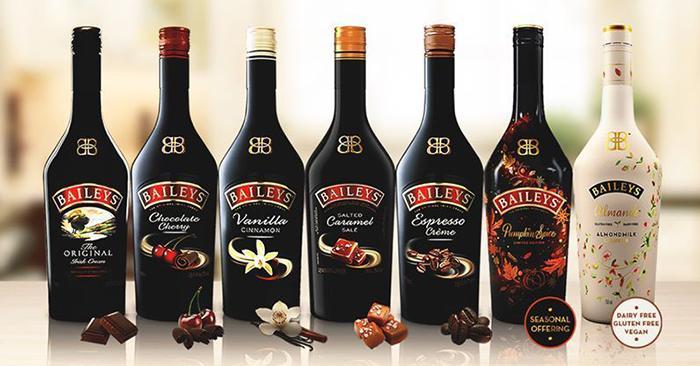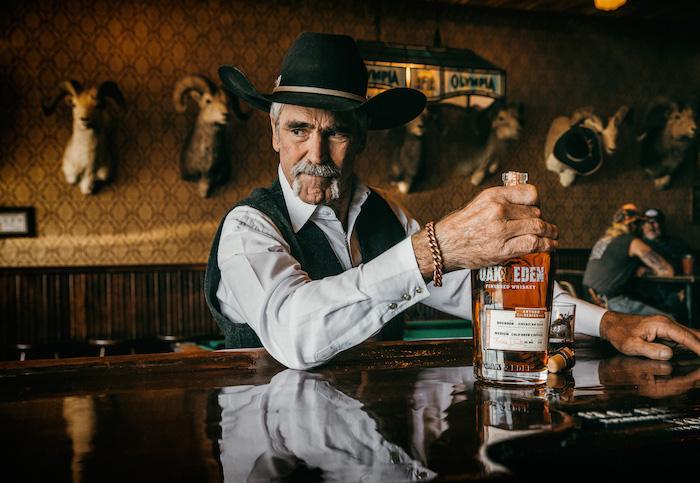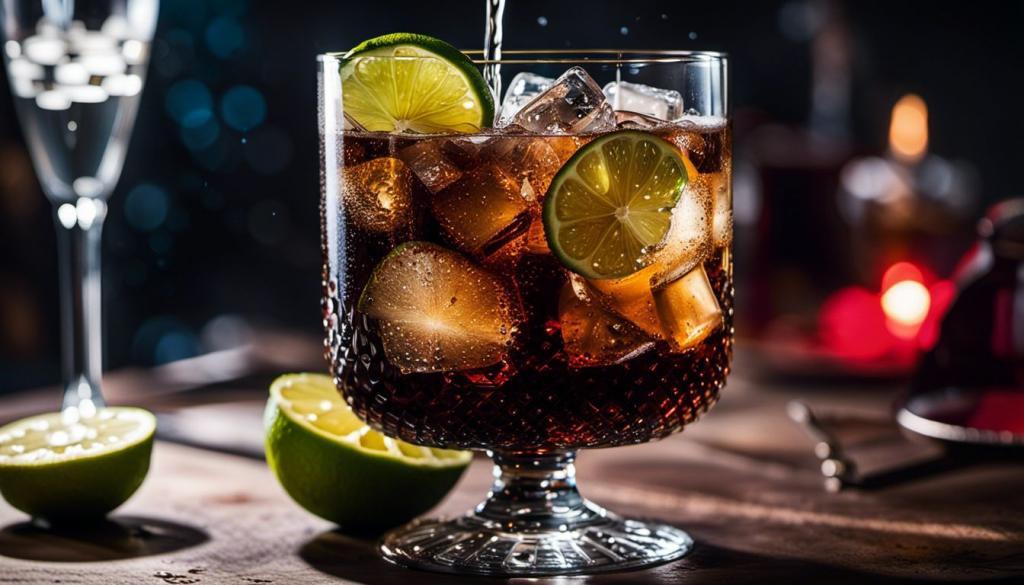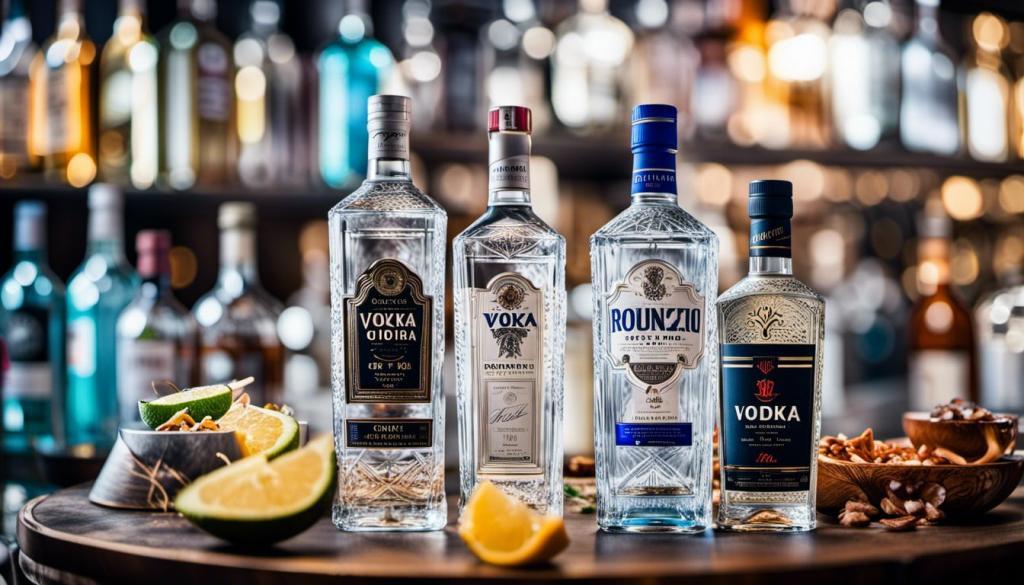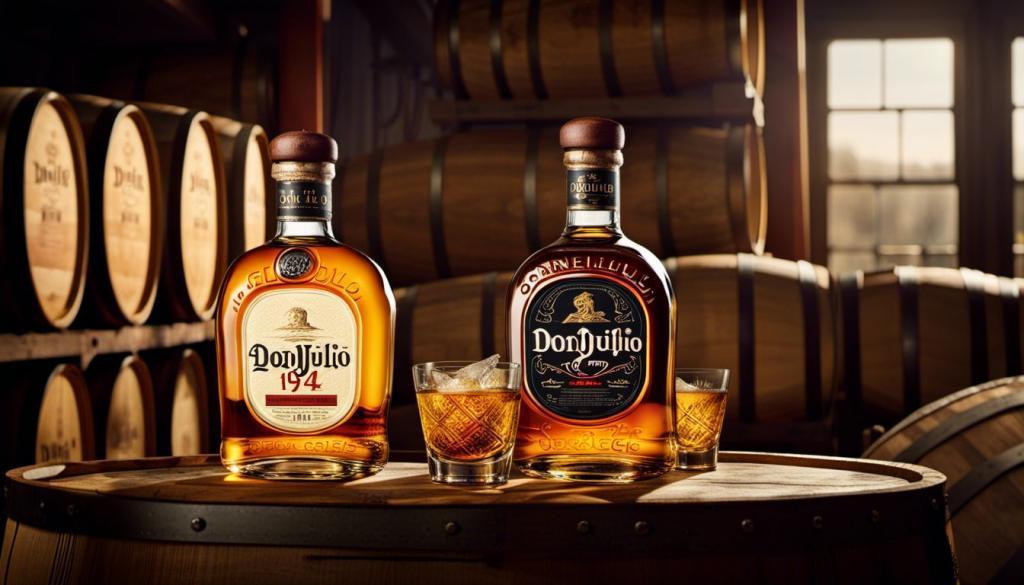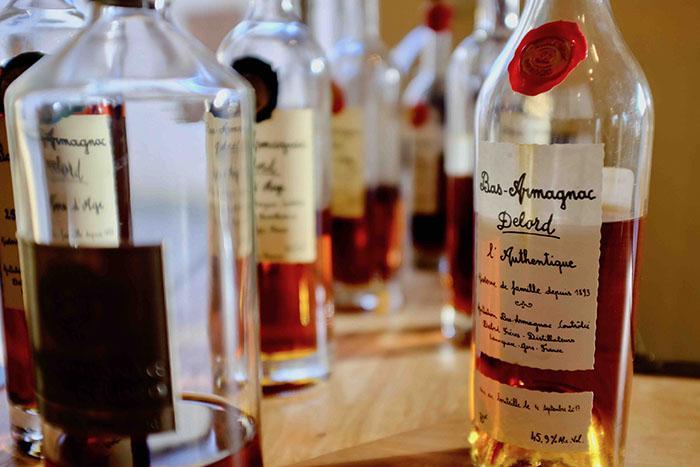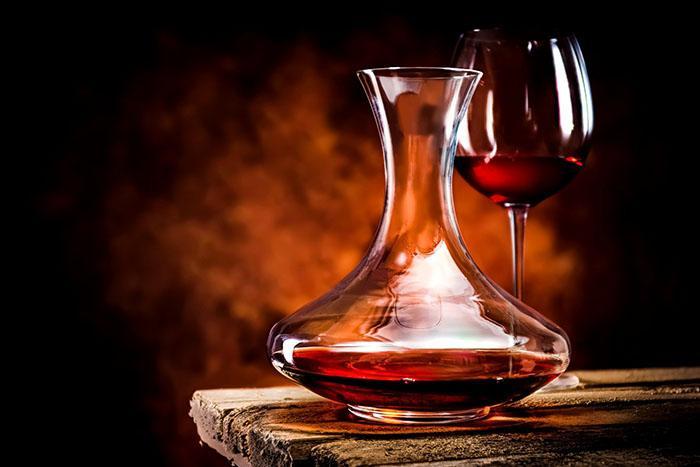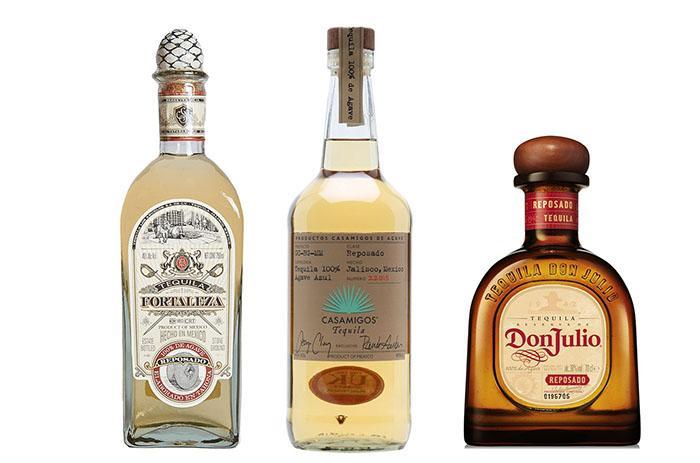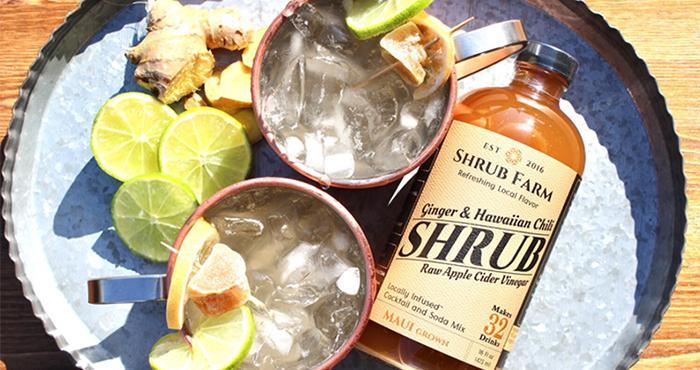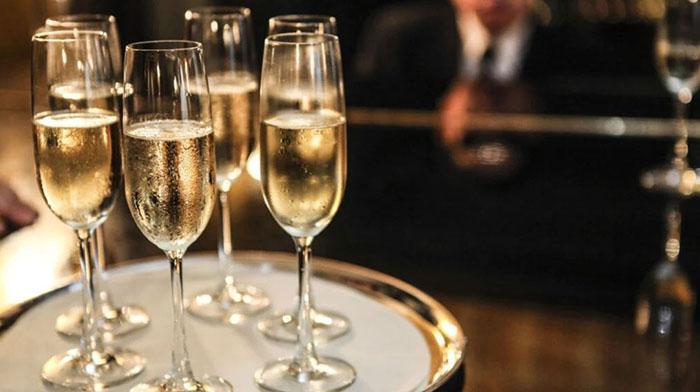Do you often wonder what sets a bartender apart from a mixologist, or whether they’re just two names for the same job?
Here’s an interesting fact: while both roles involve mixing and serving drinks, their focuses and responsibilities are quite different.
You Are Watching: Bartender Vs Mixologist Updated 07/2024
This blog aims to demystify these distinctive professions in the beverage industry, comparing their roles, skills requirements, pay scales, and more.
Keep reading – it’s time to uncover whether your next drink should be poured by a Bartender or crafted by a Mixologist!
Definition and Role of a Bartender
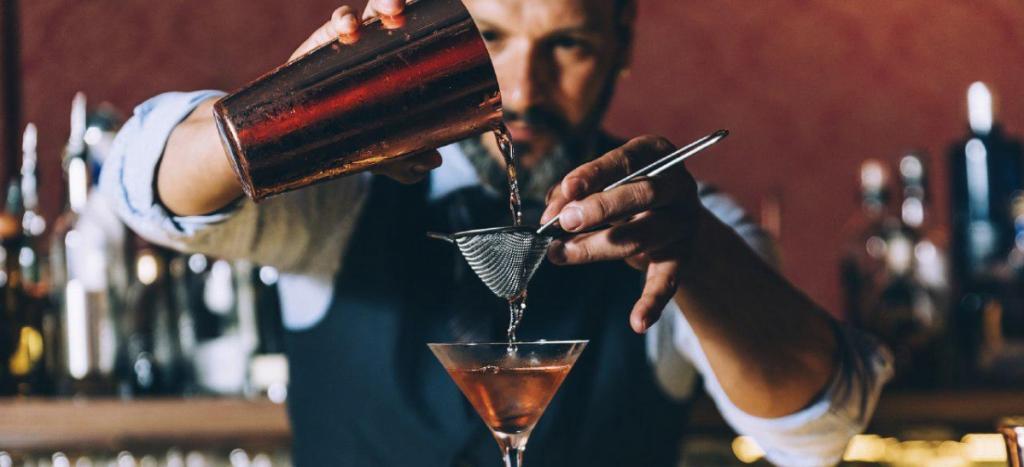
Responsibilities and duties
The responsibilities and duties of a bartender and mixologist set them clearly apart within the realm of alcohol service.
As a bartender, one must focus on customer interaction as they are primarily tasked to serve alcoholic drinks behind a bar or lounge.
Their duties entail maintaining supplies and stock for the bar, providing hospitable service, and ensuring that their customers’ needs are met.
Skills and requirements
To become a skilled bartender or mixologist, there are certain skills and requirements that need to be met.
Here are the key skills and requirements for both positions:
- Extensive knowledge of liquors, spirits, and cocktail recipes.
- Ability to create unique and innovative drink combinations.
- Excellent customer service skills and the ability to engage with customers.
- Strong communication skills to take orders and interact with guests effectively.
- Proficiency in using bar equipment, such as shakers, jiggers, and muddlers.
- Knowledge of different glassware and proper techniques for serving drinks.
- Good memory recall to remember various drink recipes and preferences of regular customers.
- Ability to work well under pressure in a fast – paced environment.
- Multitasking skills to handle multiple orders simultaneously while maintaining quality.
- Basic math skills for accurately measuring ingredients and processing payments.
Salaries and career scope
Bartenders and mixologists can both have promising careers in the beverage industry.
While the salary range for these professionals varies based on factors such as location, experience, and establishment type, they generally earn a decent income.
According to data from the Bureau of Labor Statistics, bartenders in the United States earn a median annual wage of around $25,580, with opportunities for tips that can significantly boost their earnings.
Read More : What Is Angostura Bitters Updated 07/2024
On the other hand, mixologists often work in more upscale establishments where they may have higher earning potential due to their specialized skills and creative cocktail creations.
Career-wise, both bartenders and mixologists have room for growth and advancement within their respective fields.
They can climb up the ladder by gaining expertise, expanding their knowledge of spirits and mixology techniques, acquiring additional certifications or taking part in competitions to showcase their talent.
Definition and Role of a Mixologist
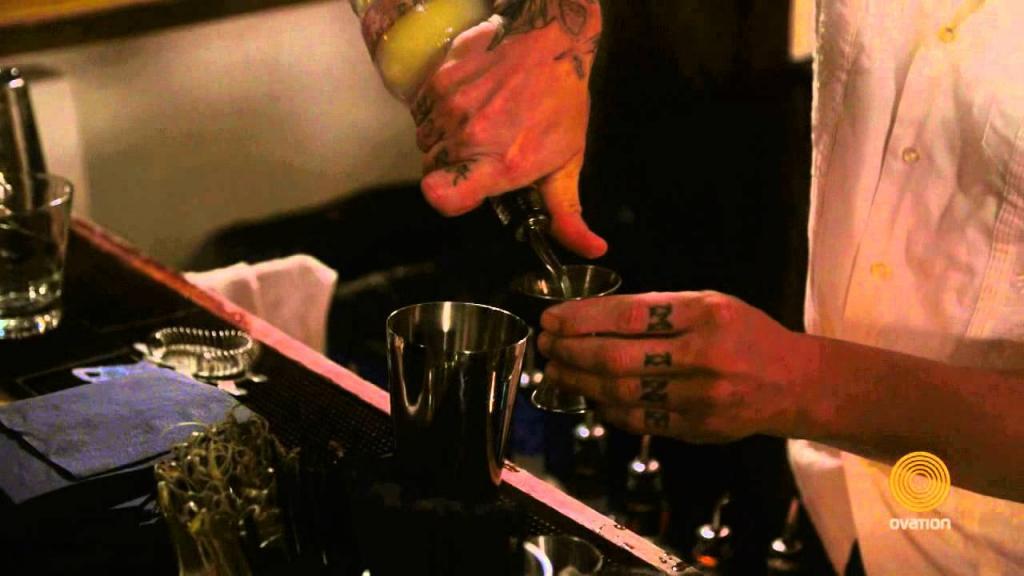
A mixologist is an expert in crafting innovative and unique cocktails, utilizing their knowledge of different spirits, flavors, and techniques to create exceptional drink experiences.
Responsibilities and duties
- Serving and preparing alcoholic beverages for customers.
- Interacting with customers to take orders and provide recommendations.
- Checking identification to verify legal drinking age.
- Maintaining a clean and organized bar area.
- Restocking supplies and maintaining inventory levels.
- Handling cash transactions and processing payments.
- Monitoring customer behavior to ensure responsible alcohol consumption.
- Creating unique and innovative cocktails using a variety of ingredients.
- Experimenting with different flavors, textures, and presentation techniques.
- Developing new recipes and refining existing ones.
- Acquiring in – depth knowledge of various spirits, wines, and mixers.
- Keeping up-to-date with current trends in mixology.
- Training other bartenders or staff members on cocktail preparation techniques.
- Collaborating with the bar manager to design specialty drink menus.
Skills and requirements
To be a successful bartender or mixologist, certain skills and requirements are necessary.
Here are the key skills and requirements for both roles:
- Extensive Knowledge of Beverages: Both bartenders and mixologists should have a deep understanding of different types of alcohol, cocktails, spirits, and mixers. They should be familiar with various flavor profiles and know how to pair ingredients together.
- Strong Communication Skills: Interacting with customers is an important aspect of both roles. Bartenders and mixologists need excellent communication skills to engage with customers, take orders, and provide recommendations.
- Creativity and Innovation: While both bartenders and mixologists require creativity, mixologists especially need to come up with unique drink creations using innovative techniques or ingredients. They must have a passion for experimenting and pushing boundaries.
- Attention to Detail: Whether it’s measuring ingredients for a cocktail or ensuring that every glass is perfectly garnished, attention to detail is crucial. Bartenders and mixologists must pay close attention to every aspect of drink preparation.
- Time Management: In busy bars or lounges, time management is essential. Bartenders and mixologists need to multitask efficiently, make drinks quickly without compromising quality, and keep track of multiple orders simultaneously.
- Knowledge of Mixology Techniques: Mixologists should have mastery over various mixing techniques such as shaking, stirring, muddling, layering, etc., in order to create visually appealing cocktails that taste amazing.
- Strong Customer Service Skills: Both bartenders and mixologists should provide exceptional customer service by being friendly, approachable, attentive, and knowledgeable about the drinks they serve.
- Physical Stamina: The job can be physically demanding as it often requires standing for long periods of time, carrying heavy bottles or kegs, and working in a fast-paced environment.
- Ability to Handle Pressure: Busy nights at the bar can get hectic with numerous drink orders and demanding customers. Bartenders and mixologists must remain calm, composed, and efficient under pressure.
- Continuous Learning: The world of beverages is ever-evolving, with new trends, ingredients, and techniques emerging regularly. Both bartenders and mixologists should have a curiosity to learn and adapt to these changes.
Differences Between a Bartender and a Mixologist
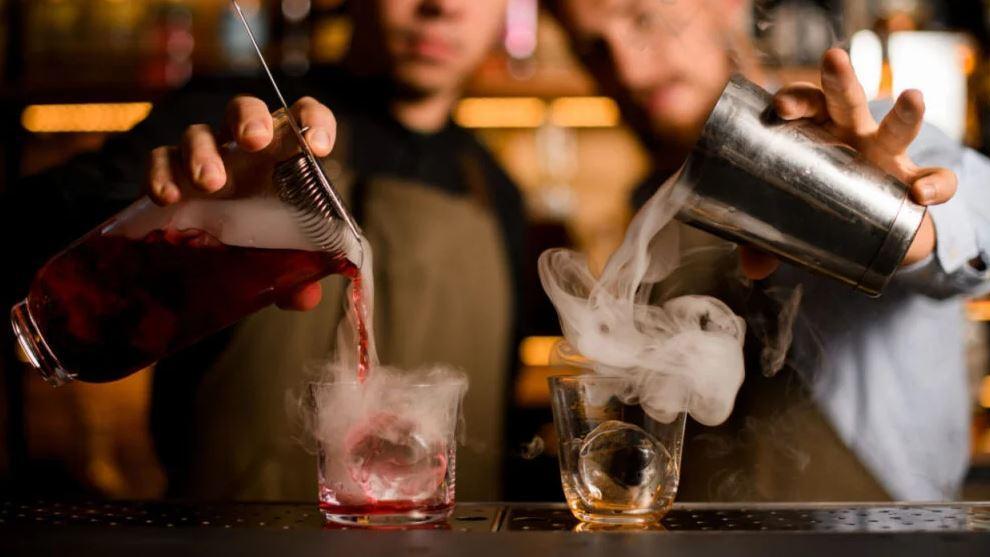
Emphasis on drink making
Bartenders and mixologists have different approaches when it comes to drink making. Bartenders focus on the art of serving a wide variety of beverages, including alcoholic drinks, while mixologists specialize in creating unique and innovative cocktails.
Bartenders are skilled in accurately measuring and pouring ingredients to create classic cocktails, while mixologists take it a step further by experimenting with flavors and introducing new concoctions.
Both professions require knowledge of mixing techniques, but mixologists excel at pushing boundaries and delighting customers with their creativity.
With their expertise in crafting exceptional drinks, these professionals cater to the diverse tastes of alcohol enthusiasts everywhere.
Focus on creativity and innovation
Mixologists have a distinct advantage when it comes to focusing on creativity and innovation in the world of drinks. They are like artists, constantly experimenting with different flavors, ingredients, and techniques to create unique and exciting cocktails.
Whether it’s infusing liquors with herbs or spices or using molecular gastronomy techniques to transform classic drinks into something entirely new, mixologists push the boundaries of what is possible in the bar industry.
Read More : Stoli Vodka Review Updated 07/2024
Their goal is not just to serve a delicious drink but also to provide an unforgettable experience for customers, leaving them curious and excited about what their next creation will be.
With their passion for concocting extraordinary cocktails, mixologists are elevating the art of bartending to a whole new level.
Customer interaction and service
Bartenders and mixologists both have a role in customer interaction and service, but there are some differences between the two.
Bartenders often spend more time engaging with customers directly, taking orders, and creating a friendly atmosphere at the bar.
They are experts at making customers feel welcome and ensuring their satisfaction throughout their visit.
On the other hand, mixologists may have less direct customer interaction as they focus on crafting innovative cocktails behind the scenes.
Their attention is primarily on creating unique drink recipes that surprise and delight customers. However, both bartenders and mixologists understand the importance of excellent customer service in providing an enjoyable drinking experience for patrons.
Knowledge and expertise in mixology
Mixologists possess extensive knowledge and expertise in mixology, the art of crafting cocktails. They are well-versed in the techniques, ingredients, and flavor profiles that go into creating unique and exciting drinks.
With their deep understanding of spirits, liqueurs, bitters, and other cocktail components, mixologists have a keen sense for balancing flavors and creating harmonious blends.
They stay up-to-date with emerging trends in the industry and are constantly experimenting with new combinations to push the boundaries of taste.
Their commitment to mastering their craft allows them to deliver extraordinary drinking experiences that leave a lasting impression on patrons.
Conclusion
In conclusion, while bartenders and mixologists both play important roles in the beverage industry, their focuses and skill sets differ.
Bartenders excel at providing exceptional customer service and maintaining a well-stocked bar, while mixologists are passionate about creating unique and innovative cocktails.
Whether you prefer traditional drinks or crave something new and exciting, both professionals contribute to an enjoyable drinking experience.
Sources: https://chesbrewco.com
Category: Wine

